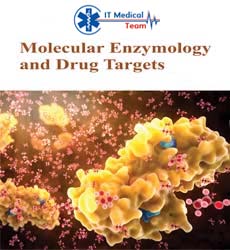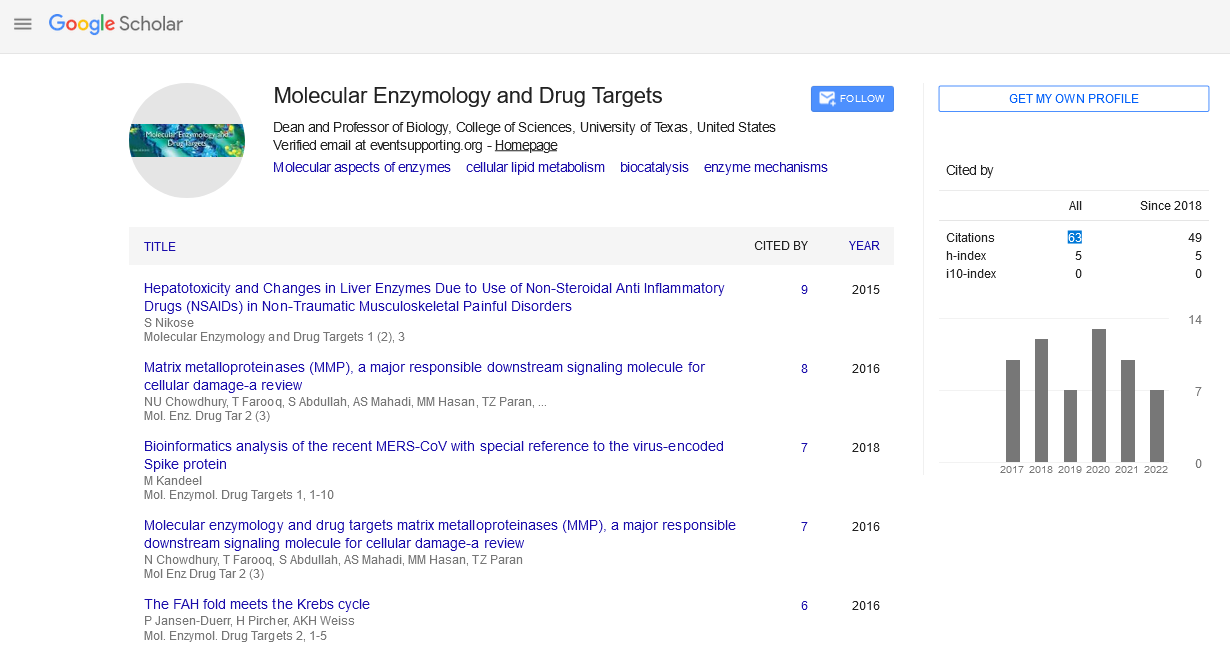Abstract
Background: Obesity and mediators of inflammation have been identified as the most important risk and predictive factors in postmenopausal breast cancer survivors (BCS) using aromatase inhibitors (AIs). Data is lacking on the effects of AIs on clinical, biomedical and genetic markers among postmenopausal BC women in the African settings.
Purpose: To assess the feasibility of HyBeacon probe genotyping adjunctive to standard care for timely prediction and diagnosis of AI-associated adverse events in breast cancer survivors in Africa.
Methods: Cross sectional study was conducted to assess the knowledge of POCT among six African countries using online survey and telephonically contacted. Incremental cost effectiveness ratio (ICER) was calculated, using diagnostic accuracy study. This was based on mathematical modeling.
Results: One hundred twenty-six participants were considered for analysis (mean age = 61 years; SD = 7.11 years; 95%CI: 60-62 years). Comparison of genotyping from HyBeacon probe technology to Sanger sequencing showed that sensitivity was reported at 99% (95% CI: 94.55% to 99.97%), specificity at 89.44% (95% CI: 87.25 to 91.38%), PPV at 51% (95%: 43.77 to 58.26%), and NPV at 99.88% (95% CI: 99.31 to 100.00%). Based on the mathematical model, the assumptions revealed that ICER was R7 044.55.
Conclusion:HyBeacon®probe genotyping for AI-associated adverse events is cost effective in Africa. The barriers for implementation of POCT application among six African countries for diagnosis of breast cancer included governance issues, insufficient awareness and insufficient trainings, lack of lab equipment’s, insufficient funding’s and ethical guidance issues for conducting genetic testing’s in African context.
Keywords
Unified fever definition; Blood flow; Temperature; Hyperthermia;
Hypothermia; Heat energy





